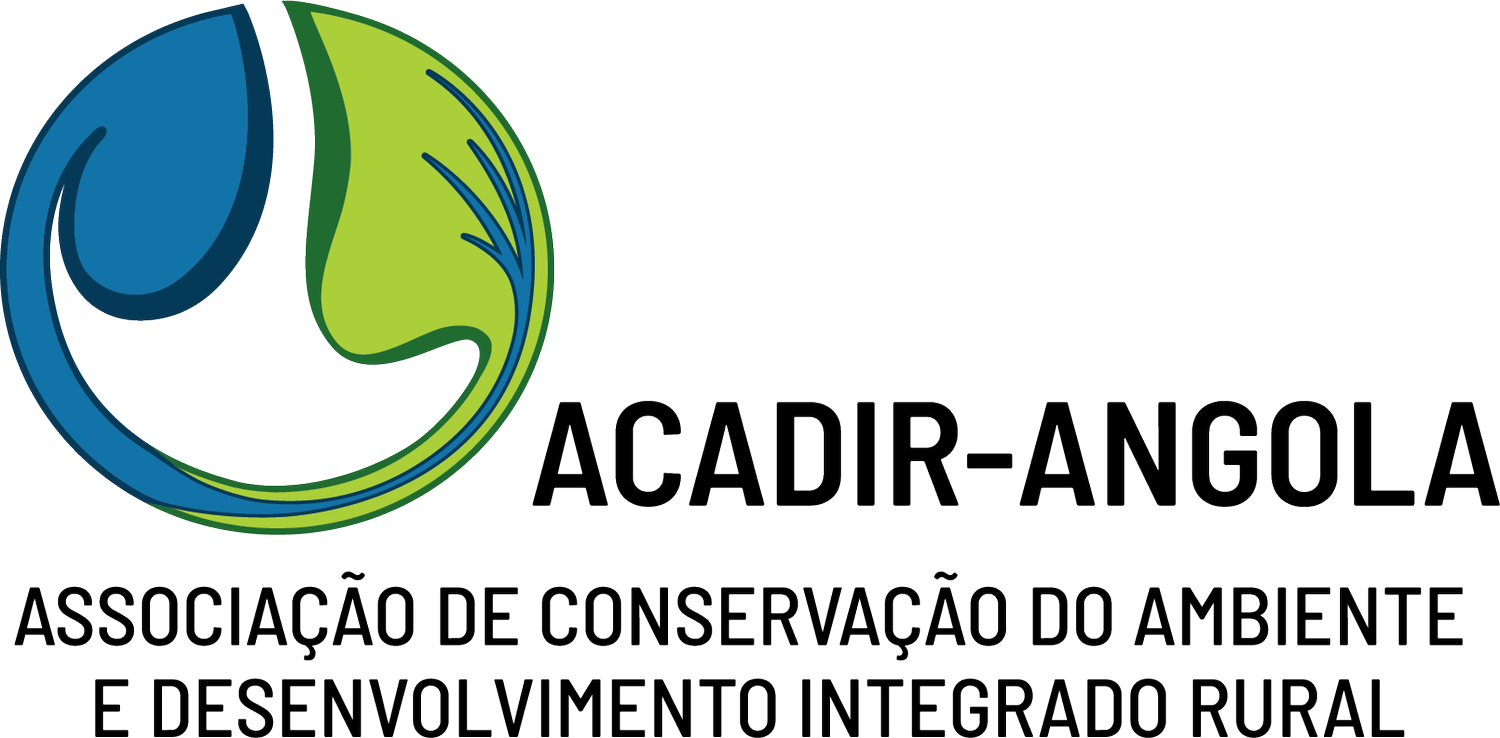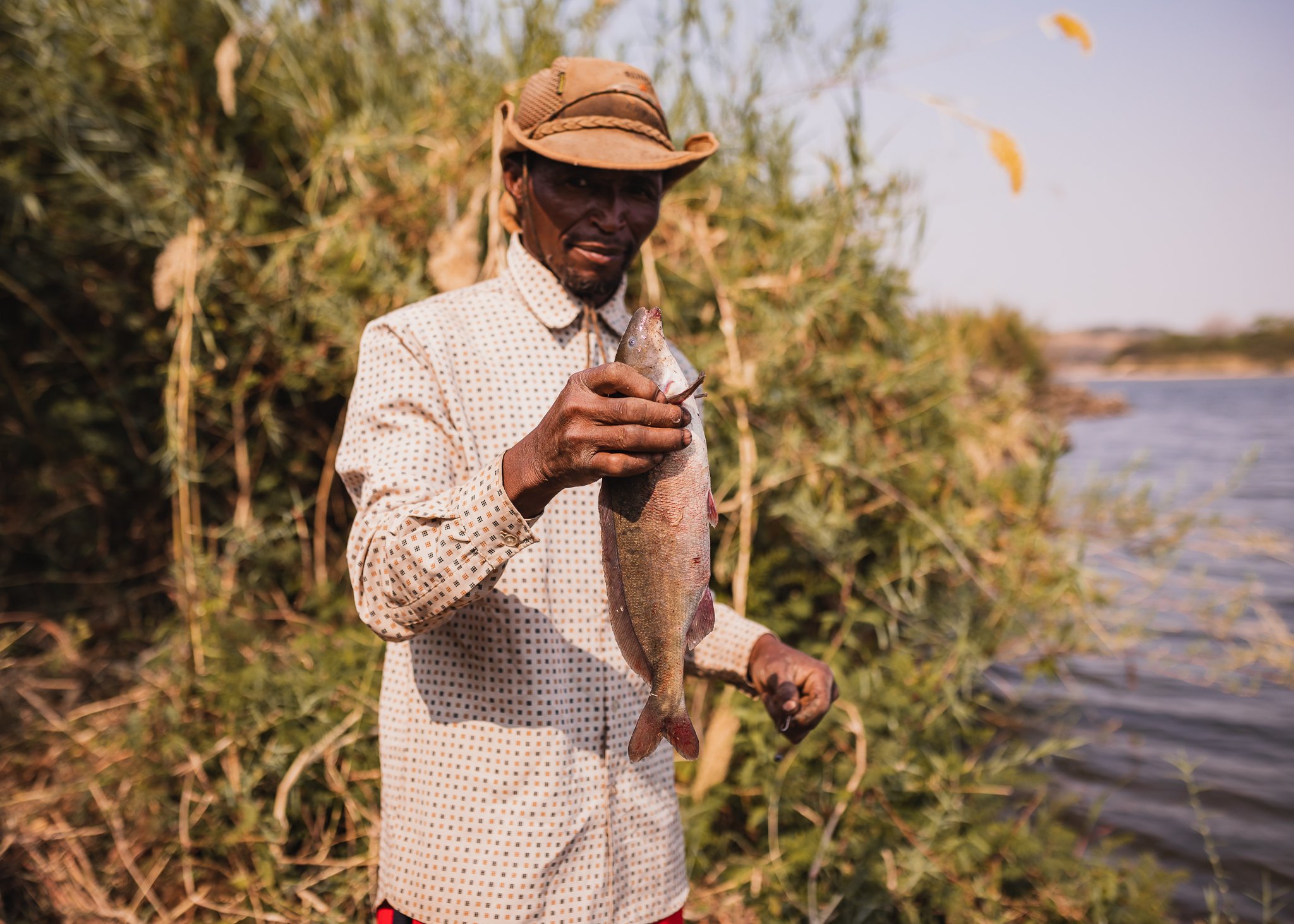
Promoting food security and livelihoods.
ACADIR’s agriculture program has enabled over 750 farmers from 11 villages to increase crop yield by 87%, improving nutrition and increasing direct income to families living in and around Luengue Luiana Park.
Decades of war, the consequent displacement of thousands of people, and the unsustainable use of natural resources have significantly depleted Cuando Cubango’s resources, contributing to food insecurity in the many communities in the province. Climate change has further exacerbated this situation and put additional pressure on natural resources and ecosystems as communities cope with the impact on their crops, reduced water supply, and increased human-wildlife conflict. We are working with communities to find lasting solutions.
Conservation agriculture
Agriculture is the primary economic activity and food source for the people living in Cuando Cubango. Rather than wanting communities to change their livelihoods completely, we thought of ways to make agriculture more efficient with less negative environmental impact.
We build the communities' capacity in effective conservation agriculture techniques such as basin preparation, mulching, crop rotation, intercropping, selection and use of improved seeds, and organic fertilizer. We also provide communities with the appropriate tools to do so. We also provide training on improving soil capacity and quality and increasing yield.
We are facilitating the adoption of conservation agriculture methods to improve food security and reduce human-wildlife conflict. By 2026, we expect:
Conservation agriculture farmers have annual yields of 600 tonnes of maize, sorghum, and other dry-land crops.
200 farmers have vegetable gardens and harvest at least 35 tonnes of vegetables annually.
1,000 farmers are adopting conservation agriculture methods.
Establishment of fishing cooperatives.
We support the establishment of fishing cooperatives to enable communities to generate increased benefits from fishing activities through market access.
Fishing is the major income stream in the region, but unsustainable practices and lack of access to markets have hindered communities' ability to benefit fully. In the next five years, we aim to help fishers double their revenue and promote household income and livelihoods.



